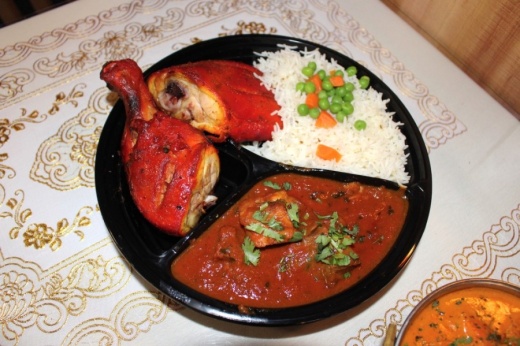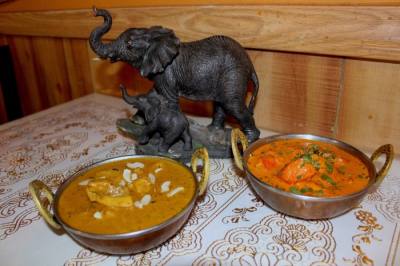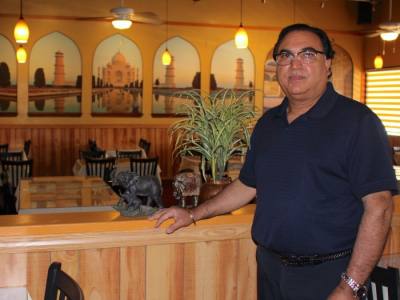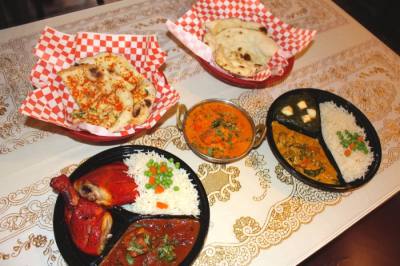“My first job was at a restaurant called India House ... it was the only Indian restaurant in town at that time,” he said.
Dhaliwal spent several years as a chef at the Taj Mahal in North Dallas before becoming part owner in 1995. After separating from his business partner in 2007, he set his sights on Richardson.
The area was appealing because of its proximity to employers in the Telecom Corridor as well as students at The University of Texas at Dallas, he said.
But mere weeks after opening Mumtaz in the Canyon Creek Shopping Center, Dhaliwal faced the first major crisis of his career as a restaurant owner.
“As soon as we opened this place, the economy collapsed,” he said. “All of the companies moved, and we struggled.”
Mumtaz weathered the storm and developed a loyal following of customers, Dhaliwal said. The restaurant became known for its Punjabi recipes, some of which Dhaliwal’s mother had cooked for him as a child.
Similar to America, food in India varies by region. Cuisine in the northern state of Punjab, which straddles both India and Pakistan, is characterized by poultry, lamb, dairy and grains. Common dishes include biryanis, curries and kebabs, Dhaliwal said.
Perhaps the most significant hallmark of Punjabi cuisine is the tandoori oven, which is made of clay and uses heat from charcoal to reach temperatures of up to 900 degrees fahrenheit. The ovens are used to cook naan and to grill meats and vegetables, Dhaliwal said.
“You slap the bread [against] the wall, and it is cooked in maybe one minute,” he said. “It’s very hot—you can’t leave your arm in there for more than a few seconds.”
People come to Mumtaz for the tikka masala, the lamb curry and the mixed grill, which is a combination of tandoori-cooked meats and vegetables, Dhaliwal said.
It seemed impossible to imagine that a second economic crisis could be even more disruptive than the first. But the coronavirus has decimated sales at Mumtaz, Dhaliwal said.
“We lost 70% of our business,” he said. “We are just barely surviving.”
Since reopening at 50% capacity in mid-May, Dhaliwal said he sees only a handful of customers during lunch service and hardly any business at night. The loss of customers from nearby office buildings is hugely detrimental, Dhaliwal said.
Mumtaz’s lunch and dinner buffets were extremely popular, but that service has been suspended until the restaurant regains its footing.
“We can’t have a buffet right now because if only five people show up, it will waste a lot of food,” he said.
Staff at the restaurant are wearing masks and following state sanitation guidelines, which include disinfecting tables and commonly touched surfaces throughout the day.
Dhaliwal said he is grateful for the support he has been shown during this time, and that he hopes people will continue to eat at the restaurant moving forward.
“I have a lot of loyal guests who have been supportive, and I appreciate that,” he said. “We just request that they still keep supporting us during this hard time.”









